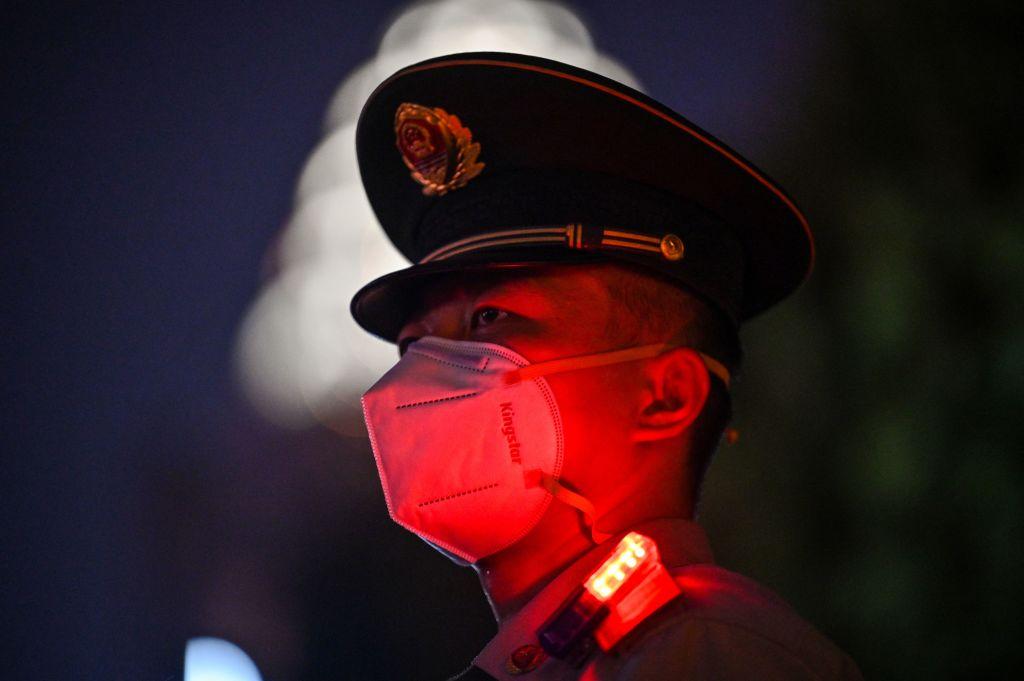With the FBI’s arrests in relation to a secret Chinese police station in New York City and foreign interference charges laid against a man in Australia, a senator is urging Ottawa to quickly move forward on creating a key legal tool to fight foreign influence operations in Canada.
The FBI arrested two people on April 17 for operating an illegal Chinese police station in lower Manhattan, charging them with conspiring to act as agents of the Chinese regime, among other charges. Similar clandestine Chinese police stations are operating in Canada, yet no arrests have been made in connection with them.





